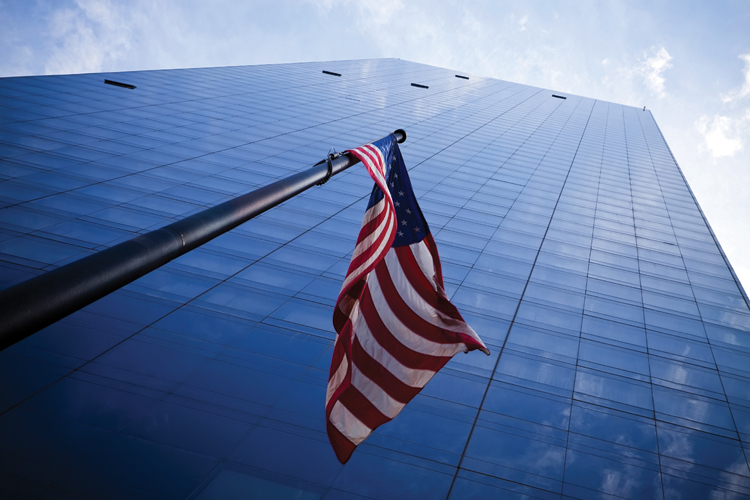Experienced Investor
Federal Reserve keeps US interest rates unchanged

The US central bank has voted not to raise interest rates this month.
Rates in the US have been stuck firmly between zero and 0.25 per cent since the 2008 downturn.
The Federal Reserve cited turbulence in the global economy as the reason behind its decision.
In a statement the Fed said: “Recent global economic and financial developments may restrain economic activity somewhat and are likely to put further downward pressure on inflation in the near term.”
The Fed wants to see “further improvement in the labor market” and inflation nearing its 2% target before it raises rates. Inflation is currently at 1.2%.
Most Fed-watchers had pencilled in three possible dates for the first rise – today, 16 December and 16 March, according to Ben Brettell, senior eonomist at Hargreaves Lansdown, as these are the dates when the decision is followed by a press conference from Fed chair Janet Yellen.

How life insurance can benefit your health and wellbeing over the decades
Sponsored by Post Office
Fund group Neptune said it now anticipates a rate rise in December.
The Fed’s decision not to raise rates has implications for UK monetary policy.
“It’s widely thought that the Federal Reserve will be the first to raise rates. As such a delay in the US pushes back the likely timing of the Bank of England’s first move,” said Brettell.
There had been plenty of speculation in the build up to this month’s Fed meeting as to whether rates would go up.
Half of analysts polled by Bloomberg expected a rise, while the futures market predicted a one in three chance of them going up.
Tom Stevenson, investment director at Fidelity Personal Investing, said: “The Fed has just two more meetings in 2015 at which to start the hiking cycle if it is to live up to Janet Yellen’s earlier hint that the economy was ready for higher rates this year. Sitting on its hands today it showed that it needs more time to gauge the impact of China’s deflation-exporting slowdown and the market turmoil that spooked investors in August. This caution today makes it even more likely that interest rates will remain lower for longer than many expected until recently.
“For investors, that argues for any assets that can offer investors a combination of income and growth to remain in favour. Dividend paying stocks, corporate bonds and real estate all provide investors with the prospect of a yield that will continue to remain elusive for cash savers. The Fed has once again done its bit to keep the show on the road.”